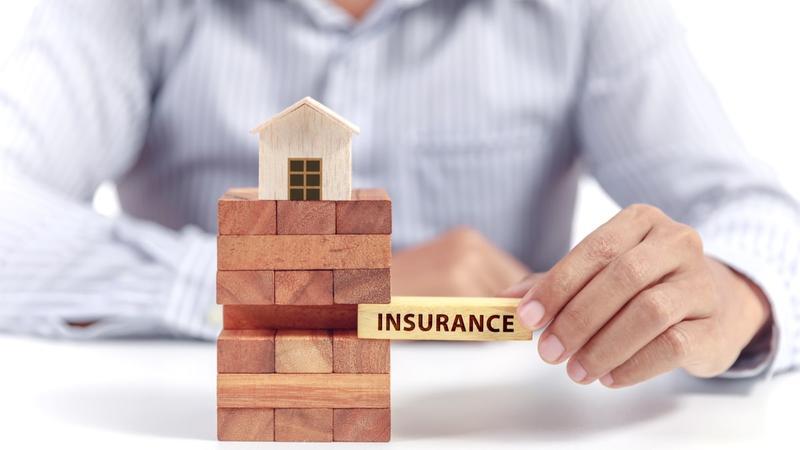Your home is likely the biggest investment you'll ever make, so it makes sense to protect it. In Canada, you need to hold some form of home insurance to secure a mortgage, but there are questions you need to answer before you buy. How do you know how much insurance you need? What perils are covered under your insurance policy and which ones aren't? Home insurance may seem difficult to understand at first, but with a little bit of knowledge you'll be able to make the right decision to protect your home and your family.
Here are the top 5 things that you'll want to keep in mind when you buy home insurance:
1. There are three main forms of home insurance.
The first type is called a Comprehensive policy. A comprehensive policy covers all risks - to both your home and your possessions - that are not specifically excluded in your policy. For example, in some geographic areas, flood damage or other "Acts of God" may not be included. Anything that is not covered will be specifically mentioned in your policy.
The second type of insurance policy is called Basic or Named Perils insurance. In this type of policy, the only risks that are covered are those that are specifically mentioned. For example, a named perils policy may include fire damage or theft, but not water damage. You and your agent or broker should discuss what you wish to cover in your policy.
The third kind is called a Broad policy. This is essentially a combination of comprehensive and basic coverage. What it usually means is that you get comprehensive coverage on your home itself, and basic coverage on the contents of your home.
Some companies offer a fourth kind of coverage, called a No Frills policy, but this is only offered on buildings that don't otherwise meet the insurer's standards, usually due to a structural problem with the building. This is not likely to be the case with your primary residence
2. Items can be insured for "cash value" or "actual cost."
If an item in your home such as a computer system is insured for Cash Value, and you were to place a claim for it, you would receive the amount that your computer would be worth if you were to sell it in its current condition. For example, 3 years ago, when you purchased the computer system, you may have paid $1000, but due to depreciation, wear and tear, advances in technology and so on, that computer may only be worth $500 today. If your computer was insured for cash value, you would only receive $500 for it from your insurance company.
On the other hand, if the same computer was insured for Actual Cost, you would receive the full $1000 that you paid originally from your insurance company if it was lost or stolen. As you might expect, it is usually more expensive to insure your items for actual cost.
3. The Actual Cost value of your home is NOT the same as its original price or its current market value.
People often assume that the cost to replace or rebuild their home after a loss is equal to the price they paid for it or its current market value. This definitely isn't the case. The replacement cost of the home is the amount that it would cost to rebuild your home on its current property. This means that the replacement cost doesn't include the cost of the land that your home was built on (in most cases, your land won't be damaged as a result of a peril, and it definitely won't be "lost"), or the premium that you may have paid for the location of your home.
4. You may need extra insurance if you keep exceptionally valuable items in your home.
Home insurance policies cover the contents of your home to a maximum value - which is usually sufficient for most people's needs. However, if you have extremely valuable items in your home, such as expensive jewelery or electronics equipment, you may need to buy added coverage to insure these items. Talking to your agent or broker about the specifics of any special items or collections that you have will help you make sure you have sufficient coverage to protect your possessions.
5. Your home insurance policy covers "third party liability".
If you were to be held legally responsible for an injury to someone else, the third party liability portion of your home insurance will protect you from the financial responsibility you may incur. For example, if someone were to slip on your sidewalk and injure themselves, you may be held legally and financially responsible for their injuries. In this case, your home insurance policy will cover you - up to the amount dictated by your policy.
When buying home insurance, it's important that you sit down with your insurance provider and make sure that you understand what your home insurance covers and doesn't cover. Your broker or agent can give you advice specific to your policy and make recommendations relevant to your particular situation. If you don't have insurance, and you're looking to find the best rate, shopping online to find the right contact is crucial. Try InsuranceHotline.com to be put in touch with the right broker or agent who can help make sure you get the best rate on the home insurance policy that gives you the protection you need.
